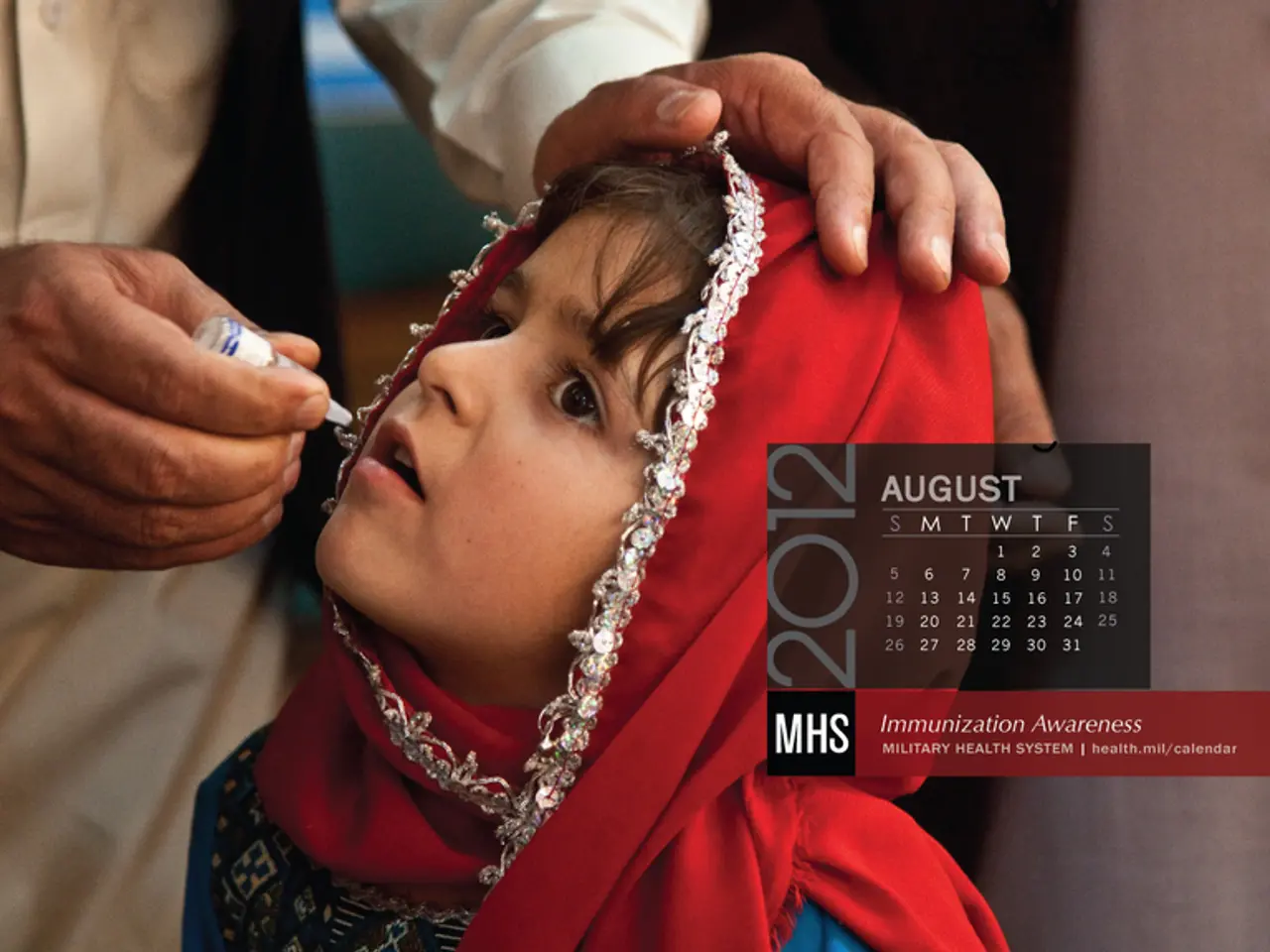Is a Measles Booster Vaccination Required? You Might Be Shocked by the Response
Measles, a highly contagious disease that was once declared eliminated from the U.S. in 2000, has been making a comeback in recent years, both in the U.S. and globally. To combat this resurgence, public health authorities have issued updated vaccination guidelines.
The Measles, Mumps, and Rubella (MMR) vaccine is the primary tool in preventing measles. With the standard two-shot series, the vaccine provides 97% protection from measles. However, for individuals who received the inactivated measles vaccine between 1963 and 1967 or are unsure of their vaccine history, catch-up vaccination is recommended.
Individuals vaccinated with the inactivated (killed) measles vaccine during that period are considered unvaccinated for practical purposes because that vaccine provided less effective protection. They should be revaccinated with the current live attenuated MMR vaccine to ensure immunity.
People born after 1989 are recommended to receive two doses of MMR, given at least 28 days apart for full protection against measles. Those born between 1957 and 1989 are recommended to have at least one dose of the MMR vaccine because many only received a single dose during childhood. A second dose may be considered after consulting with a healthcare provider.
For those unsure of their vaccine history or measles immunity, catch-up vaccination with at least one dose of MMR is advised. Documented vaccination or immunity is the best indicator, although serologic testing can also be done if uncertain.
The Centers for Disease Control and Prevention's (CDC) adult immunization schedule emphasizes administering one or two doses of MMR depending on age and risk factors, with no indication to restart the series if doses were missed or delayed. Instead, the next recommended dose in the series should be continued.
During outbreaks or travel to outbreak areas, early additional doses may be advised, including infancy doses from six months, but these do not count toward the standard two-dose series.
Revaccination is generally safe even if previous vaccine history is uncertain. There are very few exceptions to MMR vaccination; most people of all ages benefit from it for measles protection.
The current measles outbreaks in Texas, New Mexico, and Oklahoma have exceeded 500 cases. If a person is concerned about their susceptibility to measles or unsure of their vaccination status, they can talk to their primary care doctor who might run a blood test to check for measles antibodies or even proactively recommend an MMR dose.
The best way to keep the measles virus contained is to make sure everyone who can get vaccinated does. As of the 2023-2024 school year, roughly 93% of school-age children in the U.S. have received their MMR shots. Despite this, the percentage of children receiving MMR shots has slightly dipped in recent years and is now below the threshold of herd immunity needed to prevent the spread of measles.
Measles remains a more serious threat to the unvaccinated, including people who are too young or medically unable to get vaccinated. The measles outbreaks are occurring almost entirely among pockets of unvaccinated people.
Children are recommended to get their first MMR shot between 12 and 15 months of age, and their second shot between 4 and 6 years of age. Children at risk of exposure during an outbreak or international travel may receive their MMR shots earlier and/or an extra dose.
People born before 1957 are likely to have contracted measles, which provides long-lasting immunity, and are generally fine. If someone is already immune, receiving the vaccine would have no effect because their bodies would kill the vaccine virus before anything can happen. Approximately 0.22% to 0.04% of the vaccine's effectiveness declines yearly, meaning it would take between five and 25 years for the average person to be 1% less protected than they were right after their MMR shots.
In conclusion, these recommendations align with CDC guidelines and expert public health authorities for measles catch-up vaccination. It is crucial to ensure protection against measles given historical vaccine differences and gaps in person recall. Most Americans have and are still getting vaccinated with the MMR vaccine, thanks to routine childhood programs established in the 1980s. The best way to keep the measles virus contained is to make sure everyone who can get vaccinated does.
Read also:
- Exploring Botox as a Treatment for Interstitial Cystitis: Insights, Adverse Effects, and Further Details
- Linking brain weakness and cognitive decline: An examination of the potential relationship
- Is it Possible that Stem Cells Improve Joint Durability and Mobility during Senior Years?
- The Powerful Evidence behind the Enchantment of Kindness: 18 Insights Revealed





